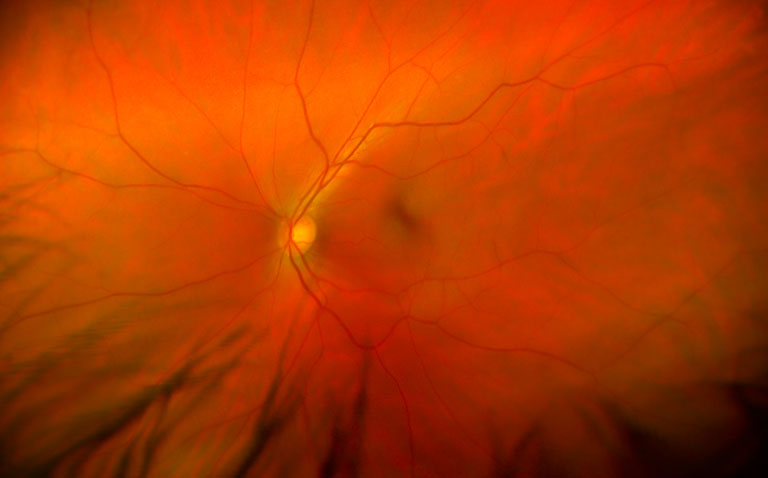Blockage of the retinal vein affects between 1 and 2% of people over the age of 40 and is the second leading cause of blindness.
It occurs due to the formation of a blood clot in the retinal vein which leads to increased vascular permeability and fluid leakage into the retina. In a new study, researchers from the Taub institute in Columbia University have discovered a potential treatment for the condition.
They discovered that an endothelial enzyme, caspase-9, which is normally present at very low levels in an uninjured eye, becomes overly active after occlusion of a retinal vein and promotes vascular dysfunction and neuronal injury. Using a mouse model, the team first induced retinal occlusion after which they observed an increased activity of caspase-9 in retinal capillary beds. Subsequently, topical application of Pen1-XBir3, a highly selective caspase-9 inhibitor was able to attenuate the neuronal injury and restore normal functioning. They also successfully tested whether use of topical Pen1-XBir3 could be scaled up to a larger eye by applying the drops to a rabbit.
The authors concluded that caspase-9 plays a direct role in neuronal injury and that targeting this enzyme offers a potential valuable therapeutic option and are planning Phase I clinical trials to test the drug in patients with retinal vein occlusion.
Reference
Avrutsky MI et al. Endothelial activation of caspase-9 promotes neurovascular injury in retinal vein occlusion. Nat Comm 2020;11(1) DOI: 10.1038/s41467-020-16902-5










